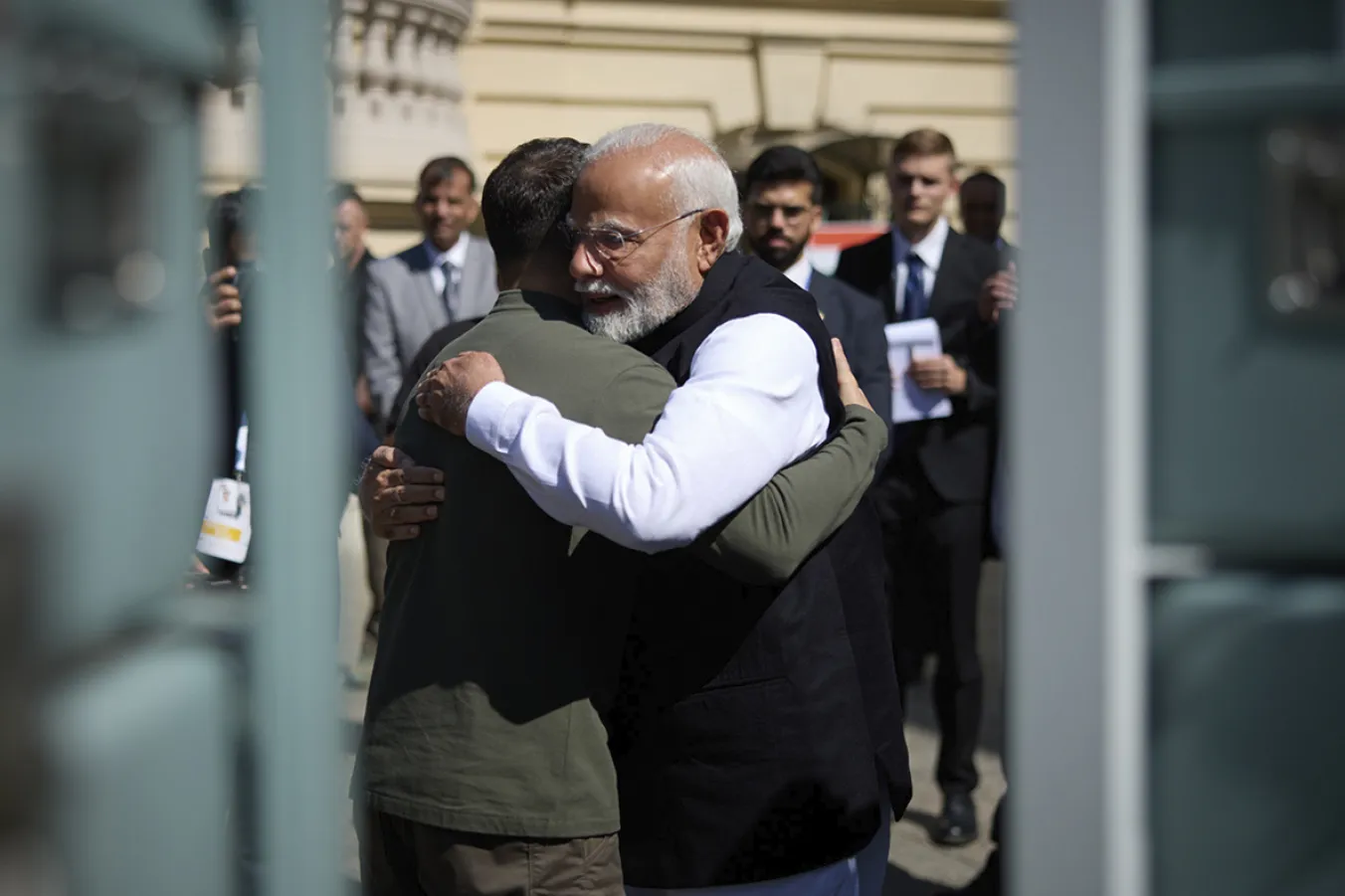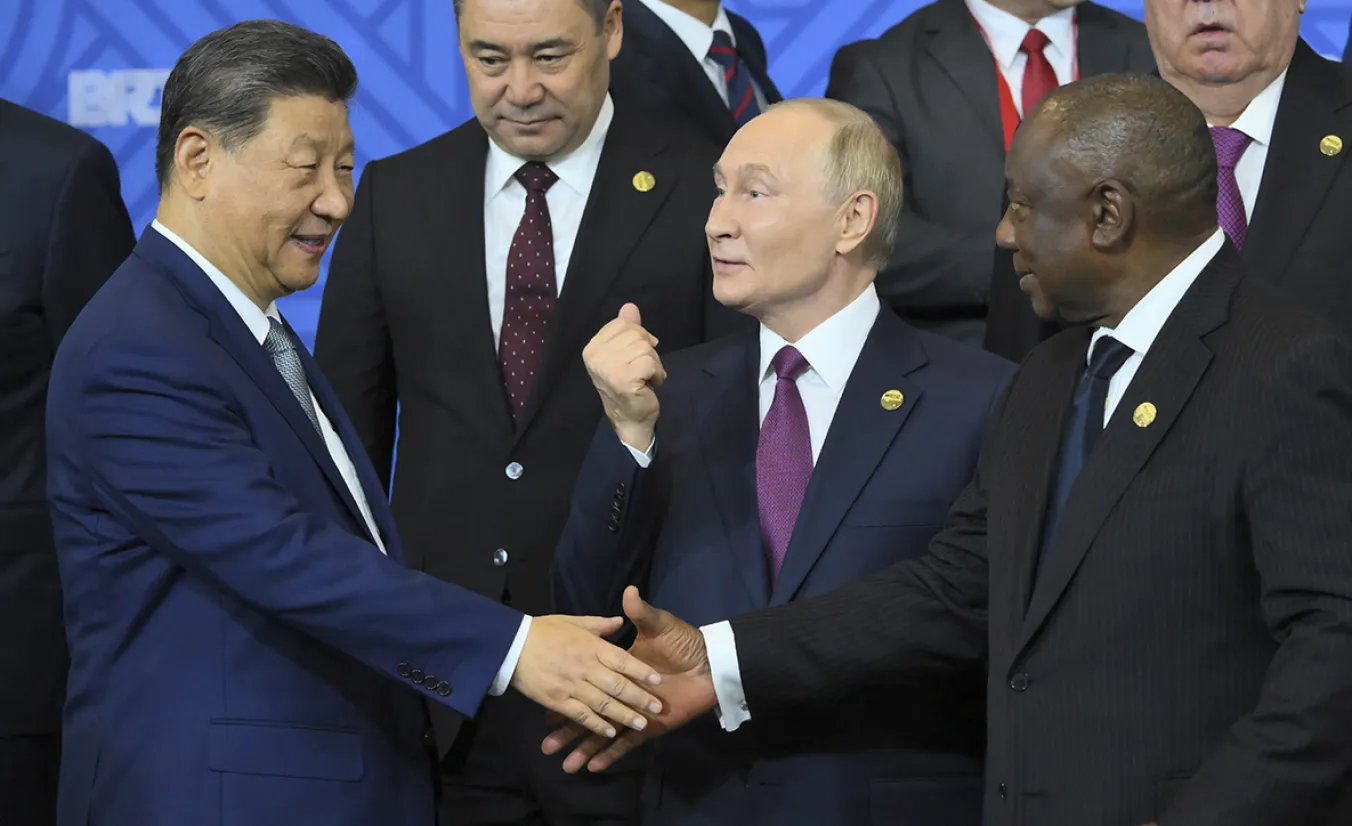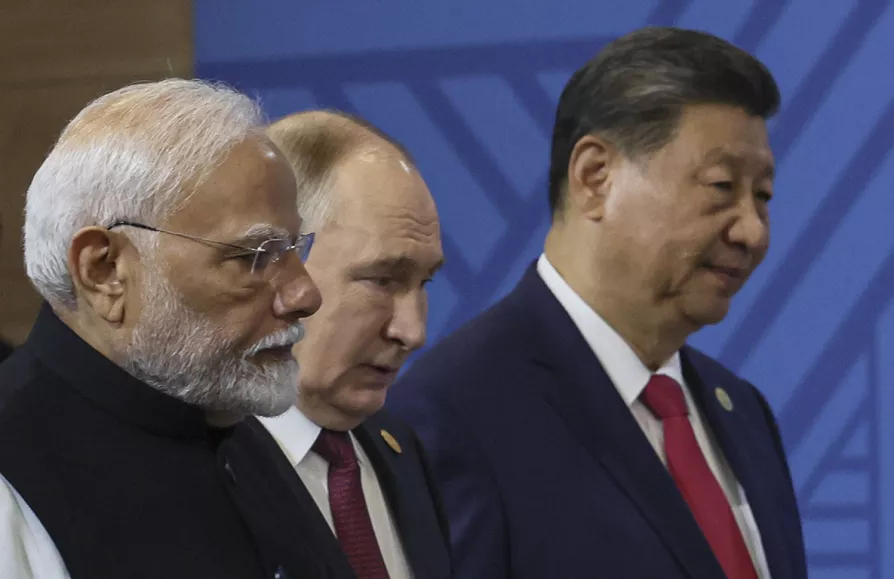
ARGENTINA’S new president Javier Milei proposes to use US dollars as the currency of his country, while abolishing its central bank altogether. What is involved in this proposal is not just maintaining a fixed exchange rate between the dollar and the domestic currency, but an abolition of the domestic currency altogether.
The maintenance of a fixed exchange rate does not preclude the central bank of the country printing more of the domestic currency whenever there is a demand for more domestic currency, while using an array of instruments to ensure that there is no shift to dollars from the domestic currency so that its exchange rate remains fixed; but “dollarisation” means a complete shift to dollars by abolishing both the domestic currency and the central bank that is normally entrusted with the responsibility of printing it.
An example will make the difference clear. Suppose at the given level of the gross domestic product, of prices and the interest rate, the total demand for money happens to be 100 units of domestic currency, while its supply is 90; then the central bank can print 10 units of additional domestic currency with impunity, without any fear of this additional printing upsetting the fixed exchange rate vis-a-vis the dollar; but in the case of a “dollarised” economy where the dollar alone is the currency used, if the demand for dollars at the given level of GDP, of prices and the interest rate, happens to exceed the supply of dollars in the economy, then there is no question of printing any additional dollars since that can only be done by the US central bank and not by the central bank of the country in question, which in any case has been abolished altogether.
















